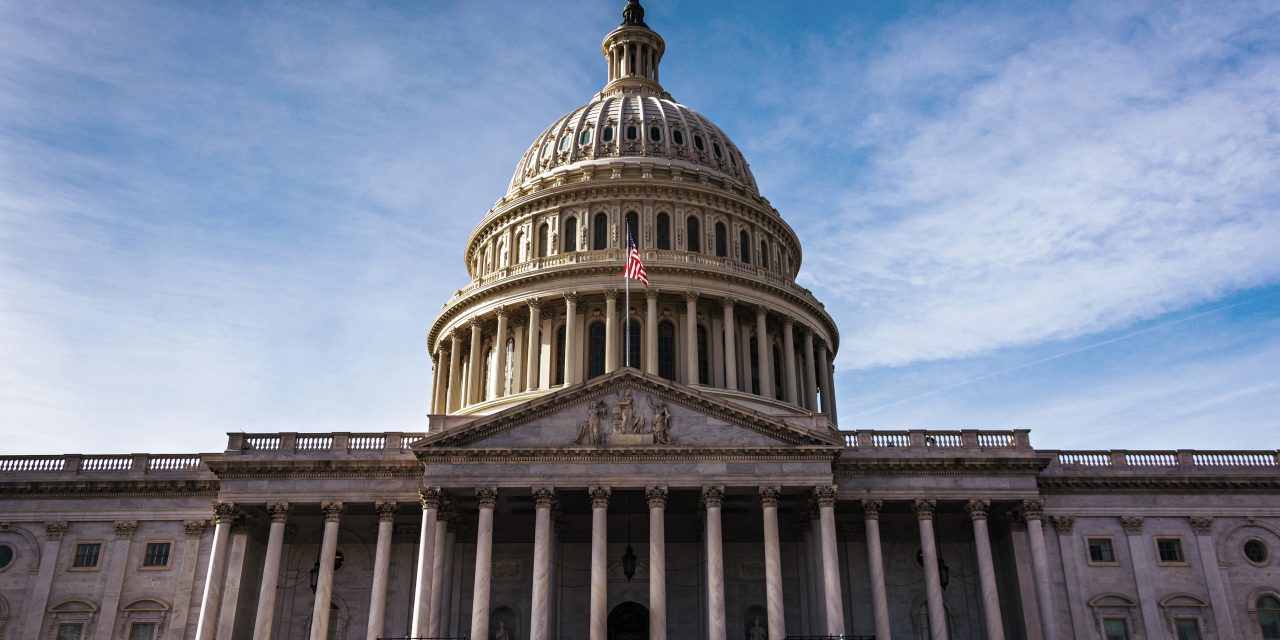President Trump unveiled an immigration proposal last week that would make drastic changes to our family-based immigration system and impose new security measures at our southern border. While the United States has not made major changes to its immigration system in over three decades, any meaningful immigration reform must address the needs of our current population of unauthorized immigrants. This includes the hundreds of thousands of immigrants who currently live and work in the United States lawfully under the Deferred Action for Childhood Arrivals (DACA) and Temporary Protected Status (TPS) programs.
There are over 673,000 DACA beneficiaries living and working throughout the United States today. The typical DACA beneficiary was six years old when they came to the United States, and they have all been in here for more than 11 years.
Approximately 325,000 TPS beneficiaries from 13 different countries live in the United States. This includes approximately 195,000 from El Salvador and 57,000 from Honduras – two of the three countries in the northern triangle of Central America currently experiencing mass emigration due to violence, poverty, and corruption.
The Trump administration has attempted to abruptly end protections for all DACA beneficiaries and the vast majority of participants in the TPS program. In the case of TPS, these decisions were made despite warnings from career staff within the Department of State. But the administration’s efforts have been delayed by various federal courts. These decisions have offered nearly 1,000,000 participants in both programs a temporary but tenuous lifeline.
Most recently, the U.S. Fourth Circuit Court of Appeals ruled that the revocation of DACA was unlawful. The case will likely join a similar case from the Ninth Circuit on appeal to the Supreme Court, where the dynamics could rapidly change.
Given the length of time that they have spent in the United States, DACA and TPS beneficiaries are fully integrated members of our communities and broader economy. Any effort to force them to collectively leave would be contrary to our country’s economic and national security interests.
The DACA program has had a profound impact on its participants. In the seven years since the program was created, many beneficiaries have moved into higher-paying jobs under better working conditions. They’ve also seen a 78 percent increase in their wages. DACA has also positively impacted the U.S. economy by increasing the purchasing power of recipients. Overall, DACA recipients have become increasingly integrated in our economy, educational institutions, and society.
A comprehensive study of TPS beneficiaries from Haiti, El Salvador, and Honduras found an exceedingly high labor force participation rate of between 81 and 88 percent, and beneficiaries from these nations are also the parents to approximately 273,000 U.S. citizen children. More than half of those from El Salvador and Honduras have been here for at least two decades, and roughly 30 percent own homes and have mortgages.
TPS beneficiaries clearly have extraordinarily strong ties to the United States. Any effort to terminate their benefits, and those of their families, would significantly and unnecessarily disrupt their lives.
Many questions remain about what comes next, and both programs could fall into disarray following a negative decision in their respective appeals. The president’s renewed interest in immigration reform presents a unique opportunity to revisit DACA and TPS and pursue a permanent legislative fix. The House Judiciary Committee is moving forward with a markup of several bills that would do just that on Wednesday.
FILED UNDER: El Salvador, featured, Honduras


